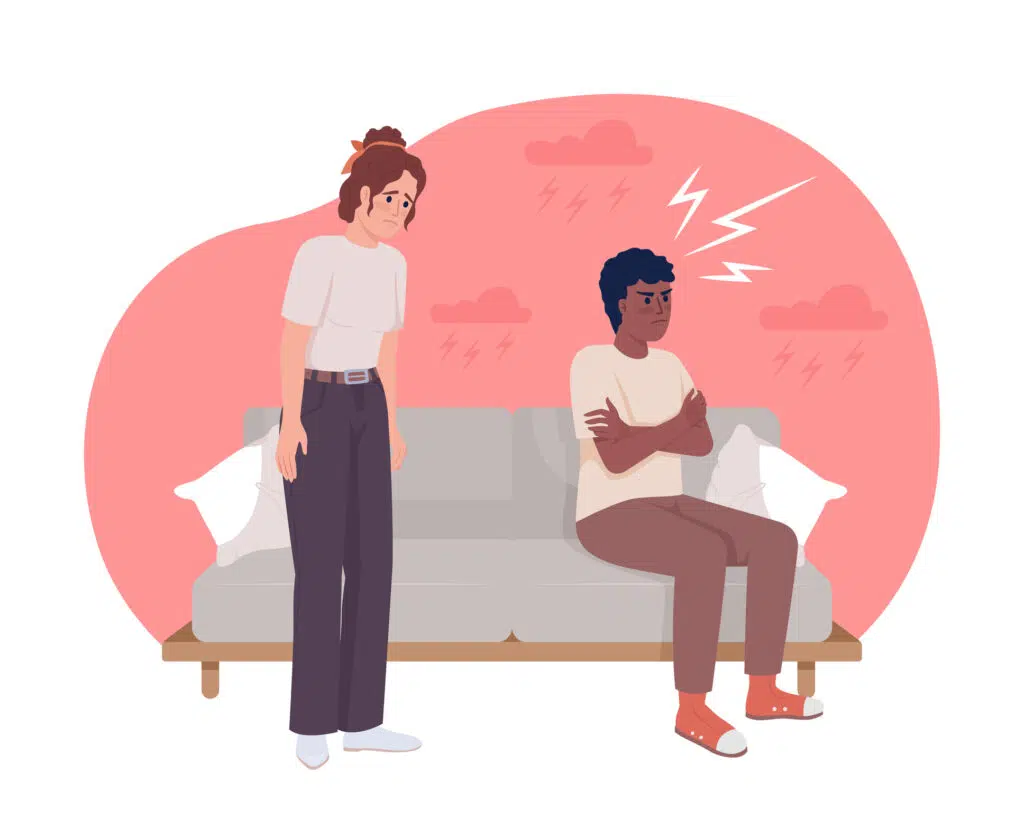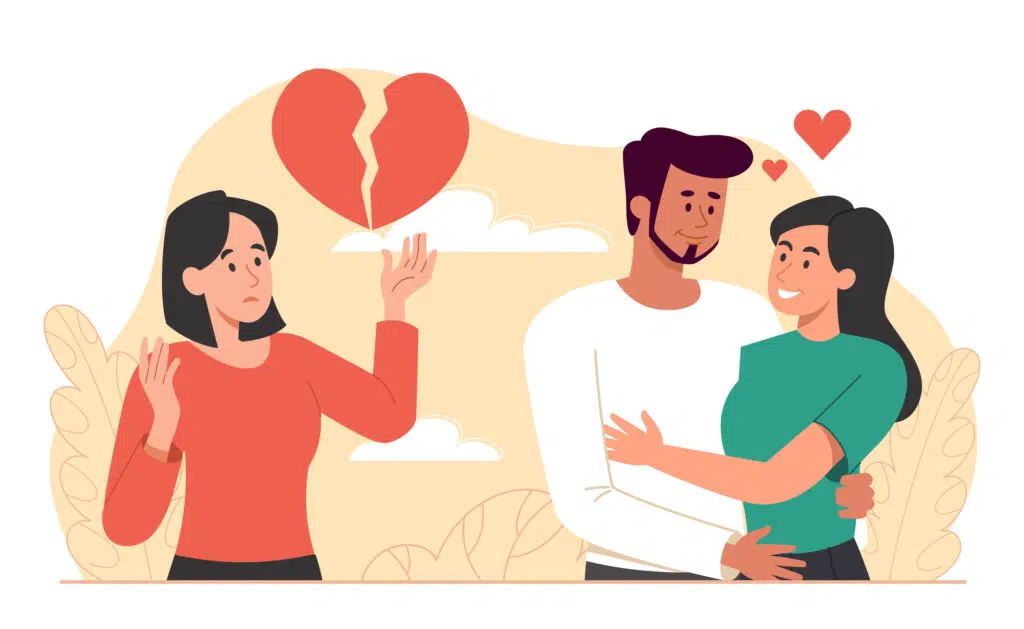Is Fear of Flying Keeping You Grounded? We Can Help

Fear of flying, or aviophobia, is estimated to affect up to 40% of the population at some level or another. Some people only have mild generalized anxiety around the idea of getting on a plane and surrendering control, while others have a clinical phobia that renders them almost completely incapable of even entertaining the idea of flight. If you find that your fears are keeping you from living your best life, it might be time to look into therapy.
The Thriving Center of Psychology provides specialized treatment to help those dealing with the fear of flying. Our highly skilled experts are available by teletherapy, or in-person at offices located throughout metropolitan areas, such as New York City, Los Angeles, Miami, Boston, and Chicago. With guidance from our top therapists and psychologists, you can learn how to effectively manage and ultimately overcome your phobia of flying.
Aviophobia 101
Fear of flying is what is known as a “specific phobia.” It can be rooted in a specific mental image of disaster happening at high altitude, be connected with fears about the takeoff or landing process, or be a more generalized type of anxiety that manifests anytime flying is even mentioned. It can also be related to other phobias, such as fear of being in an enclosed space of fear of heights.
Aviophobia is a psychological reaction with physical symptoms, such as sweating, shaking, nausea, and lightheadedness. You may even have shortness of breath or heart palpitations, and think you are having a heart attack. Good news: fear of flying is treatable, and you don’t have to down a handful of pills or spend hours in the airport lounge.
Aviophobia treatment
Treatment for aviophobia in our office is tailored to your specific needs, and customized to allow you to gain control over your body and mind at your own pace. Your doctor will work with you until you are able to confidently handle flying without fear. In addition to one-on-one psychotherapy (talk therapy) and group therapy, our doctors are trained in the following:
Cognitive-behavioral therapy (CBT)
CBT is designed to help you manage your fear of flying by learning specific skills you can apply prior to and during flight. These can include learning how to talk back to and shut down negative and fearful thoughts, control breathing during moments when fear threatens, and continuing to fly even when fearful to reinforce the safety of flying.
Virtual reality exposure therapy (VRET)
Virtual reality exposure therapy, or VRET, allows you to experience the situation you are fearful of in the safety of your home or a therapist’s office. By working through the different steps of flying, from booking a ticket, to walking through security, and sitting on a plane during simulated flight, you can desensitize yourself to flying and become more confident. Thriving Center uses the most up-to-date Virtual Reality Exposure Therapy computer systems to allow our experts to immerse you onto a plane before physically being in the air. Thriving Center has even created their own Virtual Reality videos of actual planes during take-off, in-air, and landing.
Acceptance and Commitment Therapy (ACT)
ACT is a form of therapy that focuses on helping individuals accept difficult thoughts and feelings while simultaneously building a rich and meaningful life. Through various psychological exercises, individuals learn how to break free from negative thought patterns, connect with their values, and create a more fulfilling life. Our experts will help you focus on what values brought you to aviophobia treatment/fear of flying therapy and create skills to work with your anxiety as opposed to against it.
Take our short Matchmaker Survey to find the psychologist or Aviophobia therapist who is the best fit for your life

How to Move On After a Friendship Breakup
Friendship breakups can sting just as much as a romantic breakup. After all, you’re experiencing a loss of shared history and an understanding of each other that can leave you feeling lonely and isolated. Not all friendships are forever, but moving on from the loss of a friendship does take time and some self-compassion.

Signs You’re in a Toxic Relationship
A toxic relationship can chip away at your well-being and happiness. Toxic partners can be manipulative and charming, making it difficult to recognize the signs that you’re in a toxic relationship. You deserve to be in a supportive and healthy relationship.

10 Common Marriage Reconciliation Mistakes to Avoid After Infidelity
Infidelity can leave couples devastated. If you’ve been affected by infidelity and want to salvage your relationship, rebuild trust, or make a tough decision, keep reading for 10 common reconciliation mistakes to avoid after infidelity.

Survey: 72% of Americans are Stressing About the Upcoming Presidential Election
Political viewpoints in the U.S. have always been contentious, but is the impact of politics in the United States making it difficult for people to live their everyday lives? With some anticipating another brutal and long campaign season ahead of the upcoming 2024 presidential election, nearly half of Americans say politics is negatively impacting their mental health.




